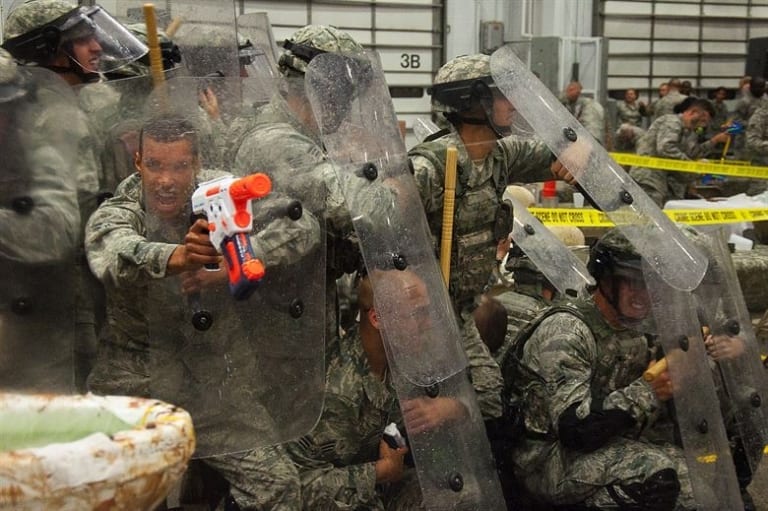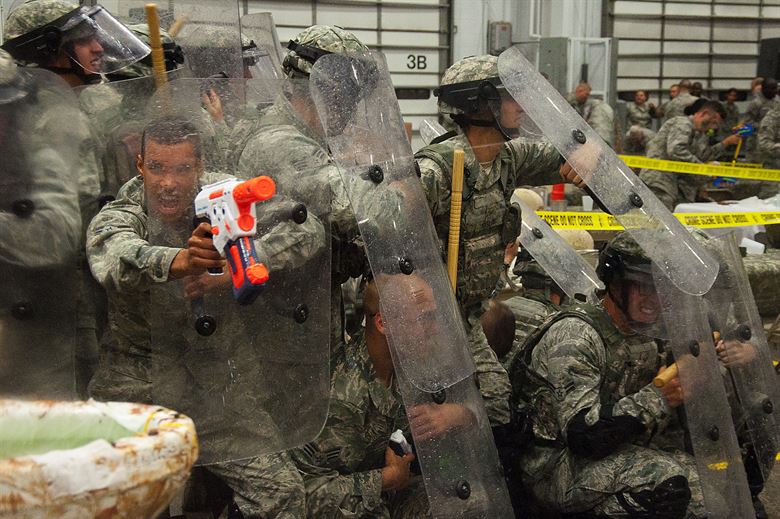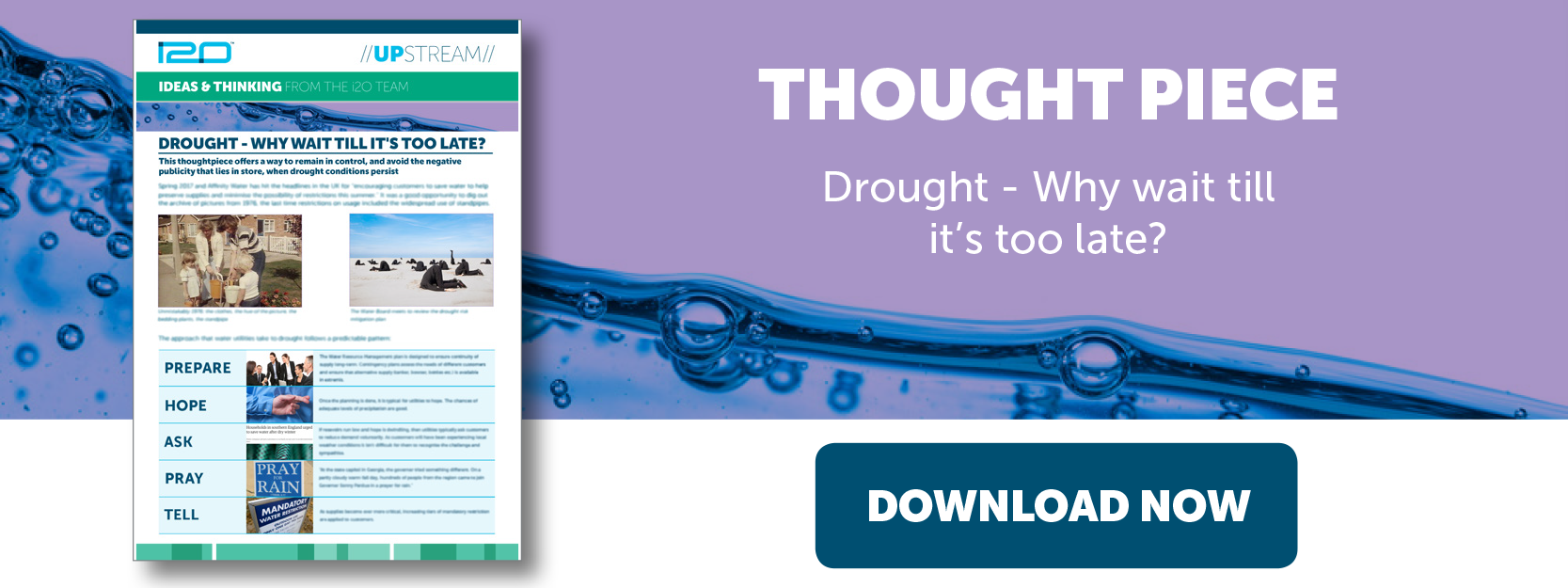
Water wars
You may think that the Cape Town water crisis is over. But we can only really say that we’re past the peak reporting of it.
There’s a fascinating article in the Columbia Journalism Review about the phrase ‘Day Zero’ and the media campaign masterminded by PR agency Resolve Communications.
 The article makes the point that the ‘Day Zero’ campaign created a sense of one-time crisis. And with the deferral of Day Zero to an indefinite point in the future, the crisis appears to have been averted.
The article makes the point that the ‘Day Zero’ campaign created a sense of one-time crisis. And with the deferral of Day Zero to an indefinite point in the future, the crisis appears to have been averted.
But the truth is that there are water crises all over the world, and a host of cities heading towards water crisis.
It surprises us that as a result of Cape Town’s perilous situation, other cities didn’t do a risk assessment, find out that i2O’s oNet Advanced Pressure Management solution saved the day in Cape Town, and purchase it as a cost-effective drought risk mitigation tool.
The world is sleep-walking towards a series of crises which the Daily Mail reminds us are likely to lead to conflict. Now, the Daily Mail has a reputation for scaremongering (see The Guardian’s article ‘Scaremongering pandemic could claim countless lives’) but more usually about health and Brexit-related topics like immigration.
In this case, it is dutifully reporting the findings of a team of scientists from the European Commission’s Joint Research Center published in the journal Global Environmental Change. (Full report.)
The research identified that the two dominant factors leading to ‘hydro-political issues’ are climate change and increasing population density. Two of the six drivers, and the first two, that i2O routinely references.
The hotspots in the main trans-boundary river basins are, in descending order, Ganges-Brahmaputra, Nile, Indus, Euphrates-Tigris, Danube, Mekong, Aral Sea, Niger, Congo, Zambezi, and Senegal. Perhaps they are the most likely to provide evidence that water shortage is an enduring crisis with serious consequences, and not a one-off puffed up by a clever media campaign.
